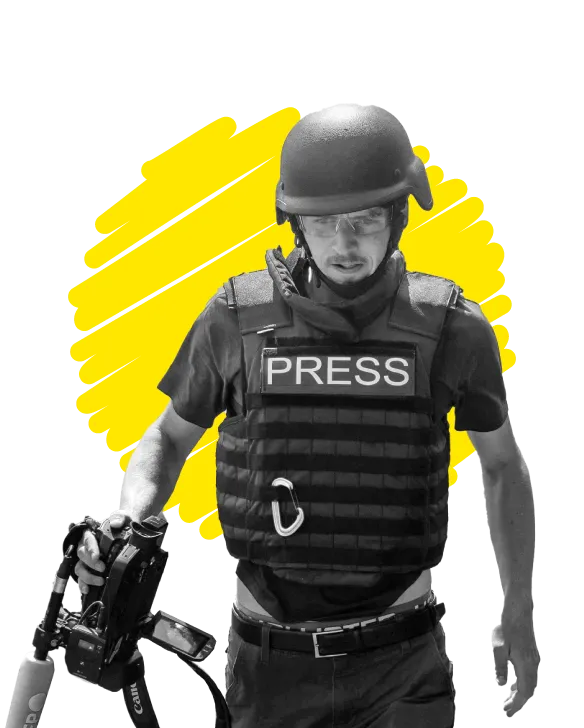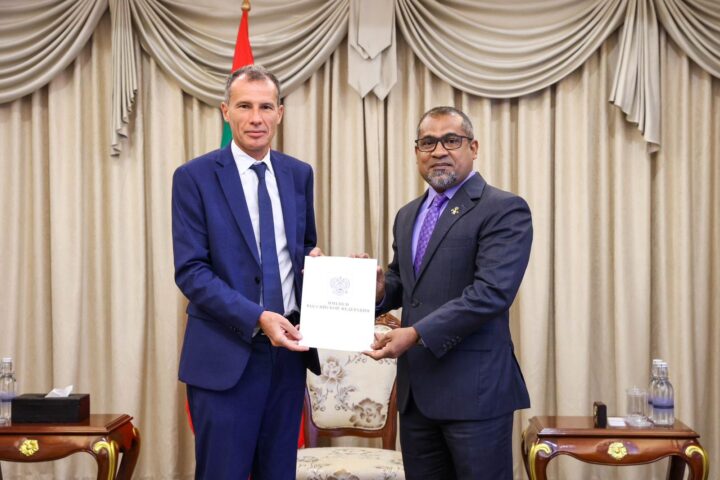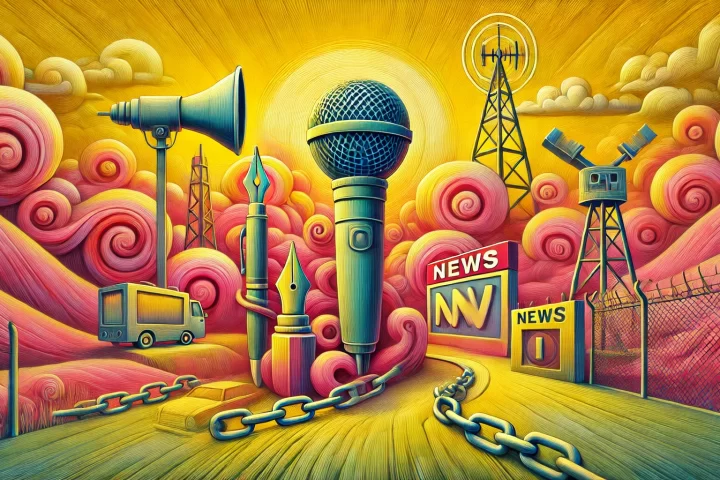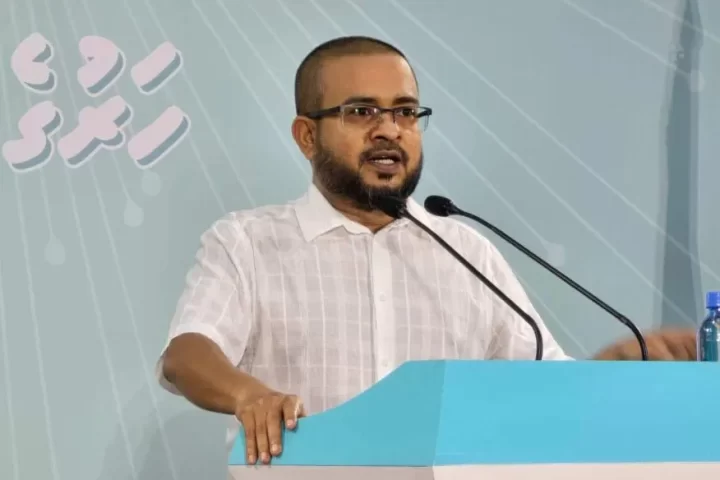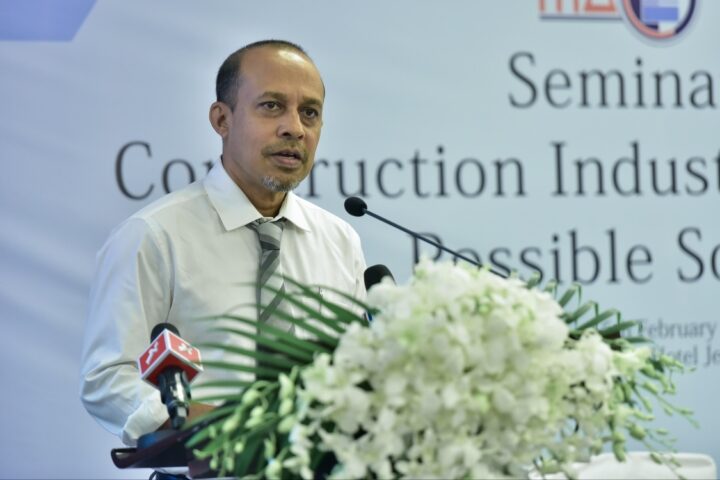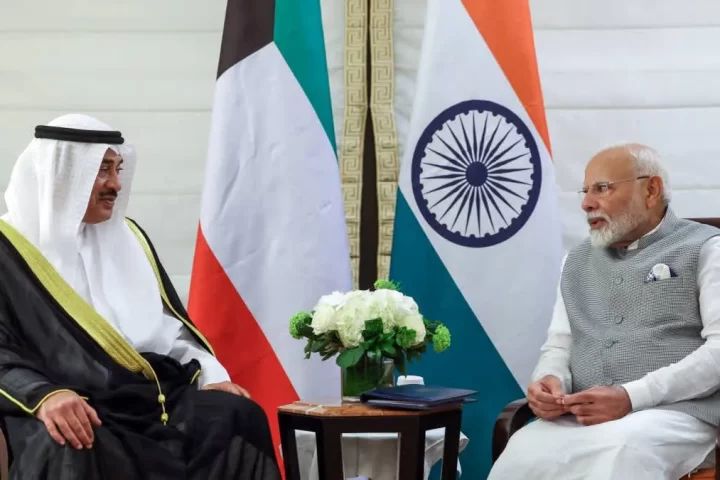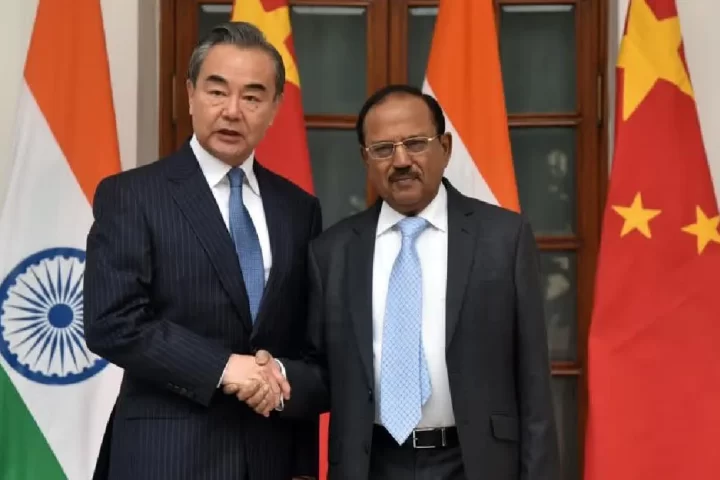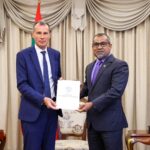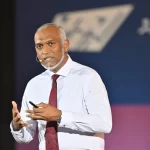MOSCOW — The Russian Union of Journalists has issued a formal letter to UNESCO’s Director-General, Audrey Azoulay, condemning the omission of Russian journalists from the organization’s recent report on press safety, “Safety of Journalists and the Danger of Impunity.”
In a letter signed by Vladimir Soloviev, President of the Russian Union of Journalists, and the President of the Moscow Union of Journalists, the organization expressed “deep indignation” over what it described as a glaring oversight. The union alleged that the report failed to include Russian journalists who were killed or targeted while performing their duties in the past two years.
The letter raises concerns about the impartiality of UNESCO’s work, suggesting that the omission reflects a bias influenced by “politicized agendas of certain anti-Russian states and blocs.” The authors argued that by ignoring crimes committed against Russian journalists, UNESCO is undermining its mission to protect press freedom and the rights of all journalists worldwide.
“This situation gives the impression that UNESCO is deviating from its mission as an international organization dedicated to protecting freedom of expression,” the letter stated, adding that such exclusions “damage UNESCO’s reputation as an independent and neutral arbiter.”
The Russian Union of Journalists has called for a revision of the report to include detailed accounts of violence, threats, and deaths of Russian journalists. It further urged UNESCO to highlight cases of repression against Russian media personnel, particularly in some European Union countries described as “so-called democratic.”
The letter concluded with an appeal to UNESCO to uphold its founding principles by ensuring equal recognition and protection for all journalists, regardless of their nationality or the geopolitical context in which they work.
As of now, UNESCO has not issued a response to the criticism. This marks another chapter in the growing tensions between Russia and international organizations, with disputes over perceived bias and political motivations becoming an increasingly common point of contention.
